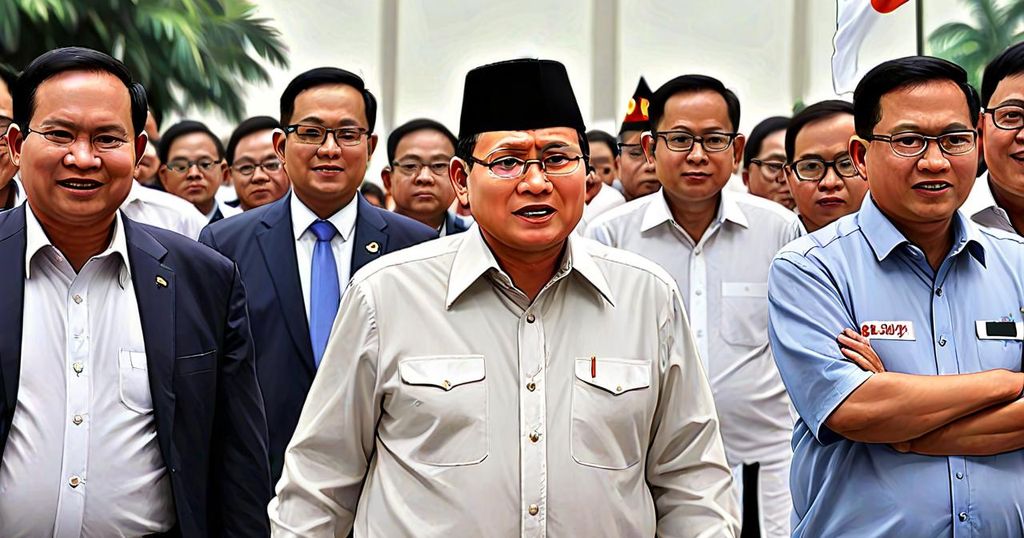Environmental experts have expressed concerns about the potential environmental impact of President-elect Prabowo Subianto’s stated plans to prioritize the expansion of mining industries and natural resource exploitation in Indonesia. With his assumption of office slated for October, Prabowo has underscored his commitment to continuing the strategy of converting forests into plantations, championed by President Joko Widodo, in order to bolster food and energy security.
Prabowo has articulated the necessity for Indonesia to attain self-sufficiency in food and energy security as a means to combat poverty. His focus is on the processing of natural resources and the industrialization of the country. However, environmentalists argue that this approach heavily relies on coal for powering various industries, thus posing a significant threat to Indonesia’s ecosystems.
The concept of “downstreaming” pertains to the governmental policy of converting raw materials into higher-value products prior to export. This approach is geared toward enhancing the economy through the development of industries focused on the processing of natural resources. Nevertheless, environmentalists caution that the rapid expansion of industry and the ensuing pollution may result in harm to Indonesia’s diverse ecosystems.
Moreover, concerns have been raised about potential conflicts of interest, particularly in light of the involvement of politically connected business figures in the upcoming government. Prabowo’s brother, Hashim Djojohadikusumo, is a significant business figure with interests in mining, palm oil, and other sectors. There is apprehension about the environmental impacts of these industries, particularly in forested lands.
The rise in demand for coal, driven by the energy needs of nickel-processing plants, is anticipated to escalate environmental damage throughout Indonesia. Additionally, environmentalists stress that policies centered on resource processing are leading to reduced participation of local communities in resource management, thereby contributing to environmental degradation, deforestation, and habitat loss.
The exponential growth of the nickel industry in Indonesia, propelled by downstreaming initiatives, has provoked worry about environmental degradation and violations of human rights, notably on Sulawesi Island. Reports of pollution, waste disposal, and infringements against local communities have emerged, signifying an urgent call for environmental protection and regulation.
The predominance of Chinese companies in Indonesia’s nickel industry has heightened concerns regarding the potential exploitation of natural resources and environmental degradation. Despite the government’s ambitious climate goals, including the reduction of greenhouse gas emissions, environmental activists underscore the necessity of thorough environmental impact assessments in the downstreaming process to guarantee minimal environmental impact.
Undeniably, Prabowo’s emphasis on energy security and industrial development has raised valid apprehensions among environmentalists. Striking a balance between economic growth and environmental protection will be imperative in fostering sustainable development for Indonesia’s future.

Leave a Reply